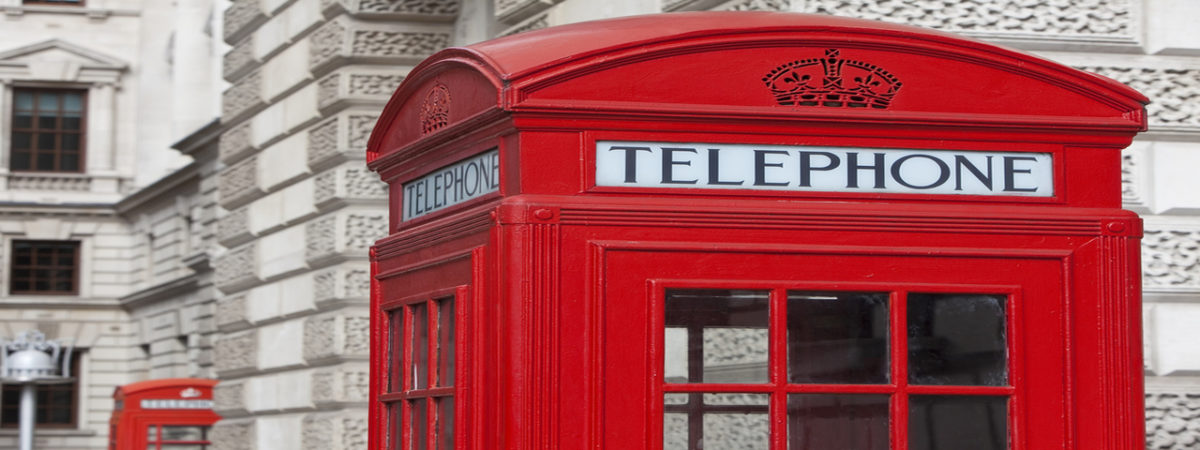The Equal Pay Day campaign is proving successful – in unnecessarily terrifying women
SUGGESTED



Why would anyone want to do such a thing? A good question, and one I’ve never been able to answer. Yet year after year, the Fawcett Society runs its Equal Pay Day campaign, falsely asserting that women are effectively “working for free” for the rest of the year because women are, even in 2019, being paid less than men.
Unsurprisingly, their calculations prove nothing of the sort. Equal Pay Day is actually based on gender pay gap data, which is not a reflection of equal pay for equal work, but rather an assessment of statistical averages that can vary from negative pay gaps to huge pay gaps, depending on what you are measuring.
The data, taken from the Office for National Statistics, does not compare job, age, background, experience, skill sets, or any of the other myriad of factors that can determine one’s pay. It’s comparing Richard Branson’s take-home pay to a junior Virgin employee straight out from university. It’s comparing Tesco CEO Dave Lewis’s income to me, working at a charity. Any reasoned person would agree that there might be other reasons for pay disparities than simply our gender.
And to make matters worse, Fawcett cherry-pick data from the ONS, and use a figure nearly 40% greater than the official number promoted by the ONS.
And it turns out, if you badger women for years on end, telling them that the is workplace deeply misogynistic and stacked against you, that narrative starts to take hold.
The Fawcett Society’s very own research, published on Thursday, reveals that women are becoming increasingly worried and angry in their place of employment, either because they don’t know what their male colleagues earn, or because they think they are being paid less for similar work done by their male counterparts.
Don’t get me wrong – there are some rouge employers out there who don’t compensate women fairly. That’s why we have employment tribunals, so those people can be name, shamed, and sued.
But these concerns flagged by the Fawcett Society (which reflect an employee’s concerns of unequal pay, not evidence of unequal pay, and are driven by these exact campaigns) don’t line up with the evidence we do have.
The pay gap has essentially closed for women in their twenties and thirties and is rapidly closing for women in their forties. Unsurprisingly, it is becoming increasingly clear that the big differences in pay result from women taking time off work (often to care for children or older relatives), go into part-time work (often for similar reasons), and are partially a hangover from previous generations when we didn’t have women dominating the higher education scene.
The fearful and emotive responses Fawcett is trying to stoke among women are leading to some terrible public policy proposals, including the organisation’s own call for revealing men’s pack packs to female colleagues, and the Labour Party’s proposal to fine companies with big pay gaps.
If Fawcett is serious about equality, creating a system in which only women can request to see their male colleagues salaries is surely moving in the wrong direction. Moreover, a person’s salary will reflect trade-offs made by the individual and their varying priorities. Some will argue for a title change instead of a pay raise, in-work benefits, or extra holiday time. Someone’s pay is often more complex than just the baseline number.
But more fundamentally, exposing one’s salary is a huge breach of their right to privacy. Employment contracts are a private matter between an employer and their worker. The conversations and negotiations you have with your employer are not for public consumption or judgement.
The phrase ‘transparency’ seems these days to always carry good connotations, but there is plenty in life where privacy is the more virtuous option – pay packets, medical records and home privacy all fall in the same bucket of things that we have the right to keep to ourselves.
The Labour Party is being no help today. Pledging to fine organisations for their gender pay gap creates a terrible incentive scheme, which could hurt the female workers Labour claims it wants to protect.
Very often these pay gaps are not a result of sinister root causes, but in the cases of EasyJet or Phase Eight, a simple matter of hiring lots of women into their largest internal jobs sector.
If a company cares about achieving a zero per cent pay gap above all else, pathways to ‘success’ could include hiring fewer female university graduates (who go into companies at the lower end of the salary spectrum, skewing pay gap data) or firing low-paid women in sectors like catering or cleaning and outsourcing the work instead.
These kinds of top-down interventions always have unforeseen consequences, though in this case, the trade-off is fairly clear: prioritising crude pay gap statistics could risks women’s jobs.
It’s rather tragic that the Equal Pay Day narrative has spread as far wide as it has. Women are making huge advances in the work place not because of, but despite this misleading campaign.
Even more reason to keep bashing on about the real facts and stats around the pay gap – and to remind girls and women that things are getting better every day, despite what their foe-allies would have them believe.
Kate Andrews is Associate Director at the Institute of Economic Affairs




